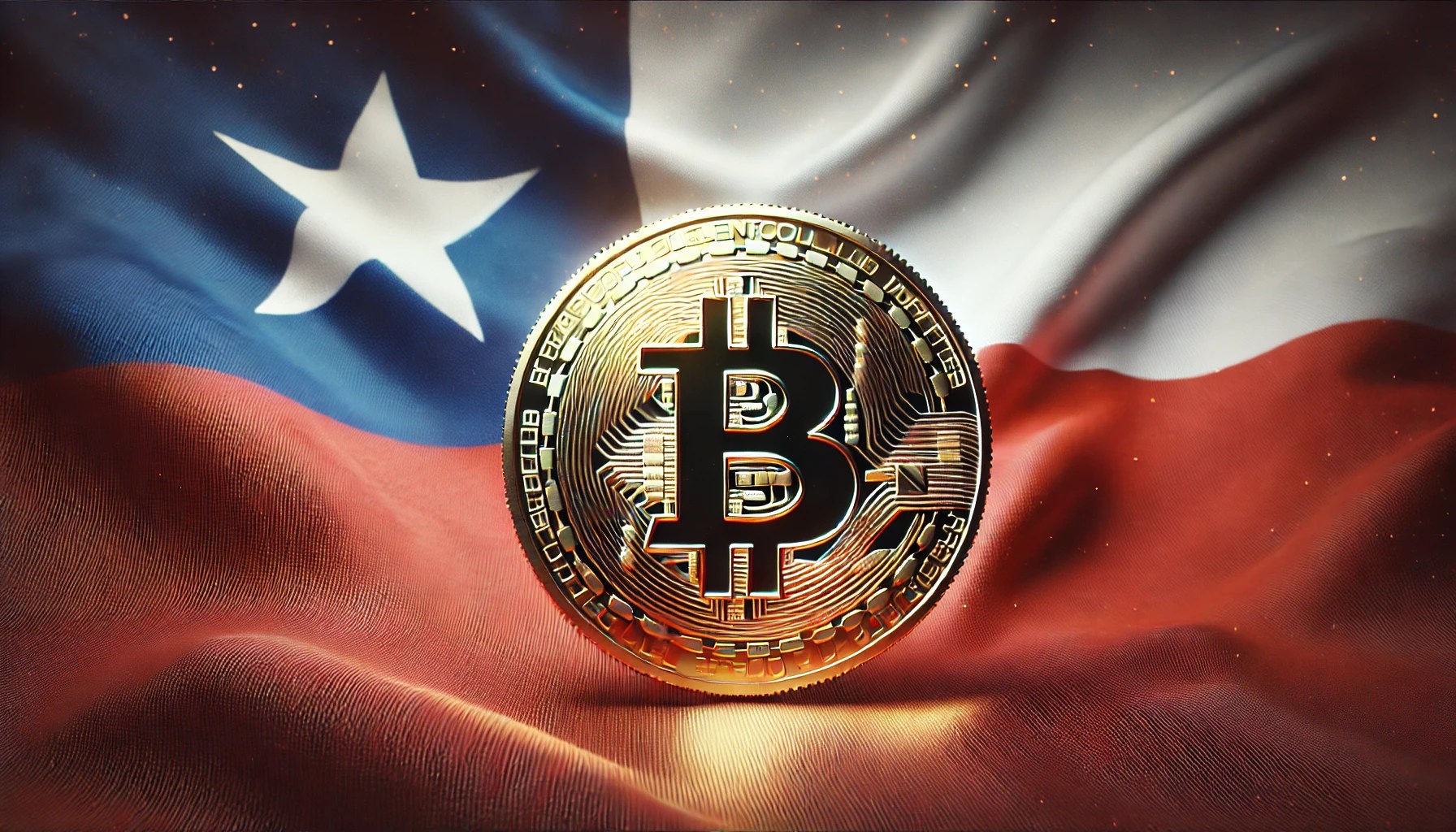Brad Garlinghouse Calls Out 60 Minutes for Excluding Key XRP Ruling in Latest Crypto Feature
A Closer Look at Ripple’s Legal Battle with the SEC
Recently, Brad Garlinghouse, CEO of Ripple, took to Twitter to call out the popular news program 60 Minutes for leaving out a crucial detail in its coverage of Ripple’s ongoing legal battle with the Securities and Exchange Commission (SEC). The detail in question is Judge Torres’s ruling that XRP, the digital token at the center of the case, is not a security.
The controversy stems from a recent segment on 60 Minutes that delved into the world of cryptocurrencies and blockchain technology. While the segment covered Ripple’s legal troubles with the SEC, it failed to mention Judge Torres’s ruling, which is a significant development in the case. This omission led Brad Garlinghouse to speak out against the program for its lack of transparency and accuracy in reporting the facts.
The Significance of Judge Torres’s Ruling
Judge Torres’s ruling that XRP is not a security is a major win for Ripple and the broader crypto community. This decision provides clarity and legal certainty for XRP holders and investors, as it confirms that XRP is not subject to the same regulations as traditional securities. It also sets a positive precedent for other cryptocurrencies facing scrutiny from regulatory bodies.
By excluding this key ruling from its coverage, 60 Minutes missed an important opportunity to inform its viewers about the latest developments in Ripple’s legal battle with the SEC. The omission of this crucial detail paints an incomplete picture of the case and may have misled viewers about the current status of XRP and its regulatory status.
The Impact on the Crypto Community
Brad Garlinghouse’s criticism of 60 Minutes highlights the importance of accurate and unbiased reporting in the crypto space. As the industry continues to grow and evolve, it is crucial for media outlets to provide comprehensive coverage of important legal decisions and regulatory developments that impact the market.
For XRP holders and investors, Judge Torres’s ruling provides reassurance and clarity about the legal status of their investments. It removes a significant cloud of uncertainty that has loomed over Ripple and XRP for the past few years and paves the way for greater adoption and acceptance of the digital asset.
The Global Impact
While the ruling may have immediate implications for Ripple and XRP, its impact extends beyond the crypto community. The decision sets a precedent for how regulators view and classify digital assets, which could have far-reaching consequences for the broader financial industry.
As more countries and regulatory bodies grapple with how to regulate cryptocurrencies, Judge Torres’s ruling provides a valuable example of a clear and well-reasoned approach to determining whether a digital token constitutes a security. This decision could influence how other jurisdictions approach similar cases in the future and shape the regulatory landscape for cryptocurrencies worldwide.
Conclusion
Brad Garlinghouse’s criticism of 60 Minutes underscores the importance of accurate and transparent reporting in the crypto space. By omitting key details about Judge Torres’s ruling on XRP, the program missed an opportunity to provide viewers with a complete and balanced view of Ripple’s legal battle with the SEC.
Looking ahead, Judge Torres’s ruling that XRP is not a security is a significant win for Ripple and the broader crypto community. It provides much-needed clarity and legal certainty for XRP holders and investors and sets a positive precedent for how regulators view and classify digital assets.





